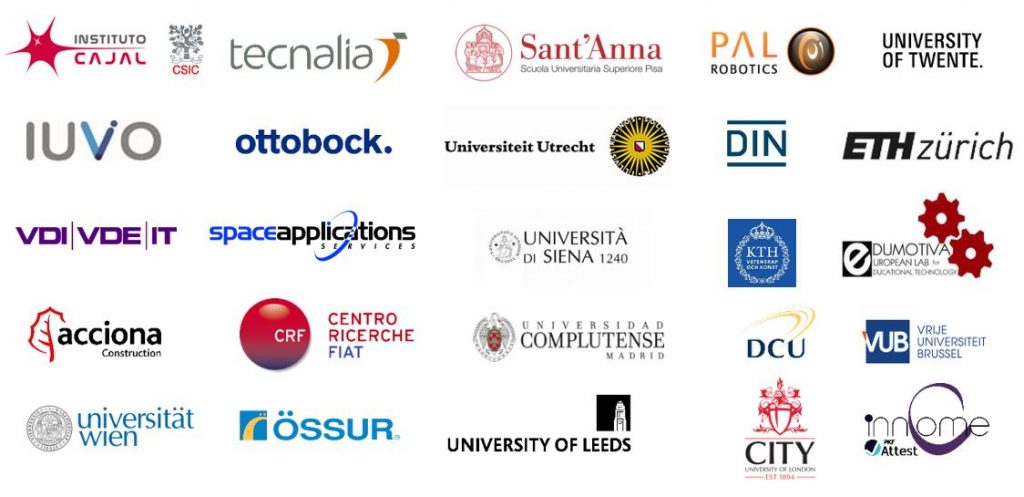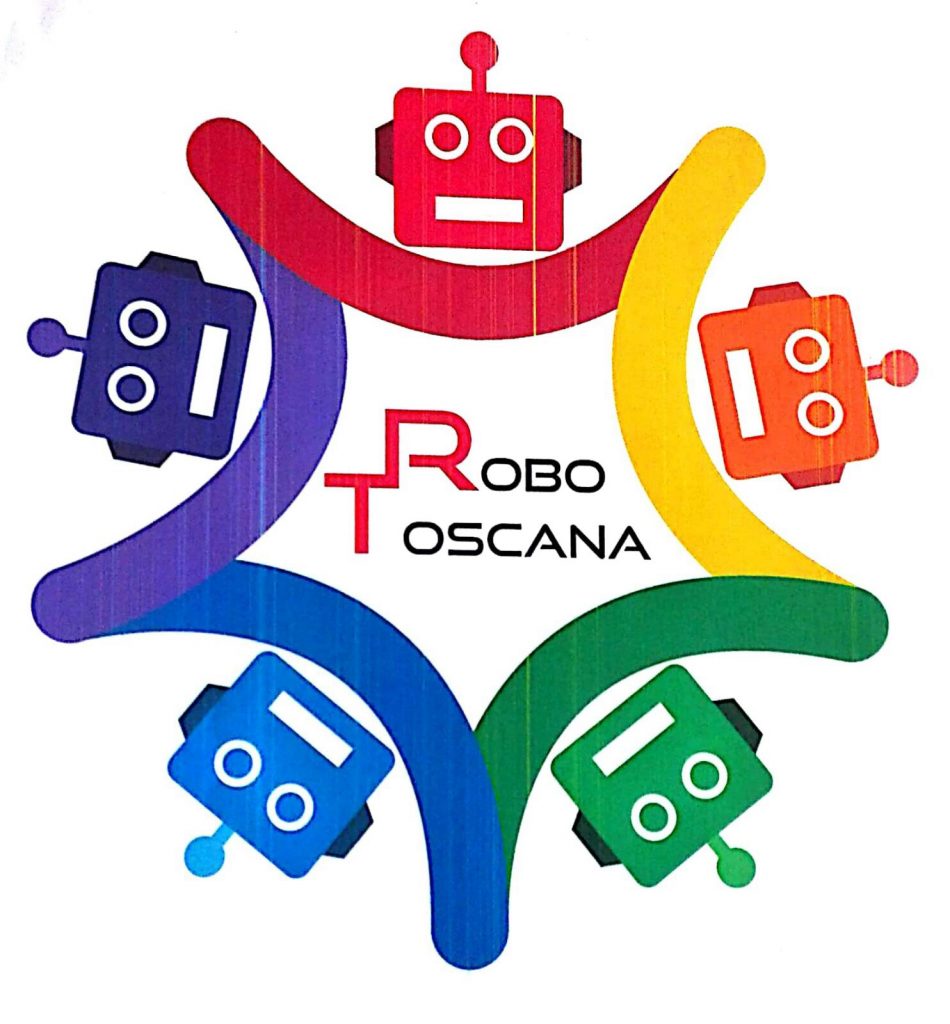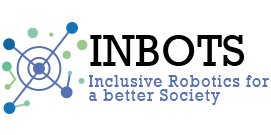The impact of taxation in Robotics
Nowadays, world trends already show a continued proliferation in the use of robotics. In this context, many questions arise: should taxation intervene to slow down the spread of use of robots, or to finance new opportunities?, should companies that invest in robotics as a substitution for workers pay taxes on Social Security contributions for the benefits obtained due to the increase of productivity?
.

Introduction Overview
There is an obvious need to adapt the financial and tax rules to face the challenges posed by robotics. In this changing environment, an interactive robot (with different levels of complexity) may supplement or substitute a human being for the development of some tasks. In the coming years, the economy and the appearance of various jobs will possibly experience alterations, particularly regarding the remuneration and/or the number of required personnel in a specific field. Hence, the design of new public policies will surely have an impact on the financial legal order; and conversely the latter will probably impose restrictions of the formers’ feasibility
.
.

Tax Incentives for Training in A Socially Responsible Transition
The International Labour Organization, Global Commission on the Future of Work, has just published its report Work for a brighter future. It calls for the use of technology in support of decent work and a “human-in-command” approach. The discussion about technology in the future of work has mainly focused on the issues of job creation and destruction and the need for “reskilling”. This human-centred agenda points out the broader role of technology in advancing decent work.
.
Main considerations on tax capacity and robots
If an act were to say that robots must make tax payments, this would simply be an abbreviated formula for designating a person, such as the owner or usufructuary of the robot; or the person who has the right to use the robot. Currently, in the tax field, robots are not and cannot be considered entities as they are without personality. They are always persons (physical or legal), although under a special regime of action and liability.
.
Read the entire tax perspective on the INBOTS White paper
.
Related News
[display-posts category = “lese” posts_per_page = “4” include_date = “true” image_size = “thumbnail” order = “DESC” orderby = “fecha”]
.
Project members

Related projects



.
